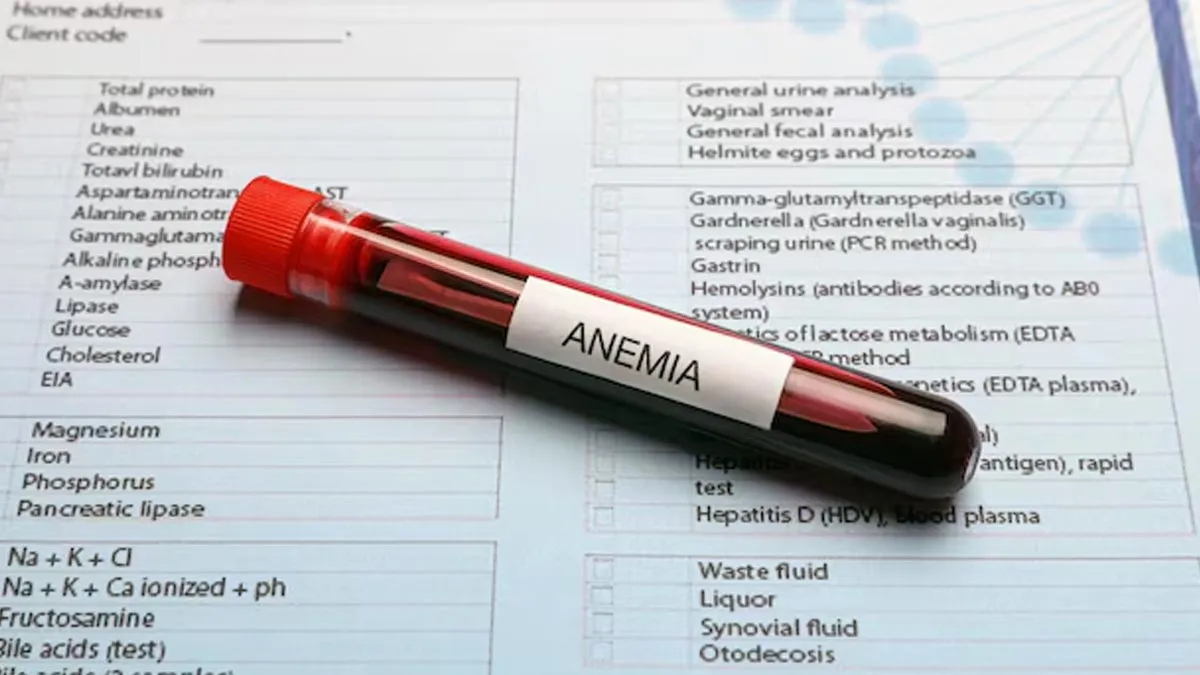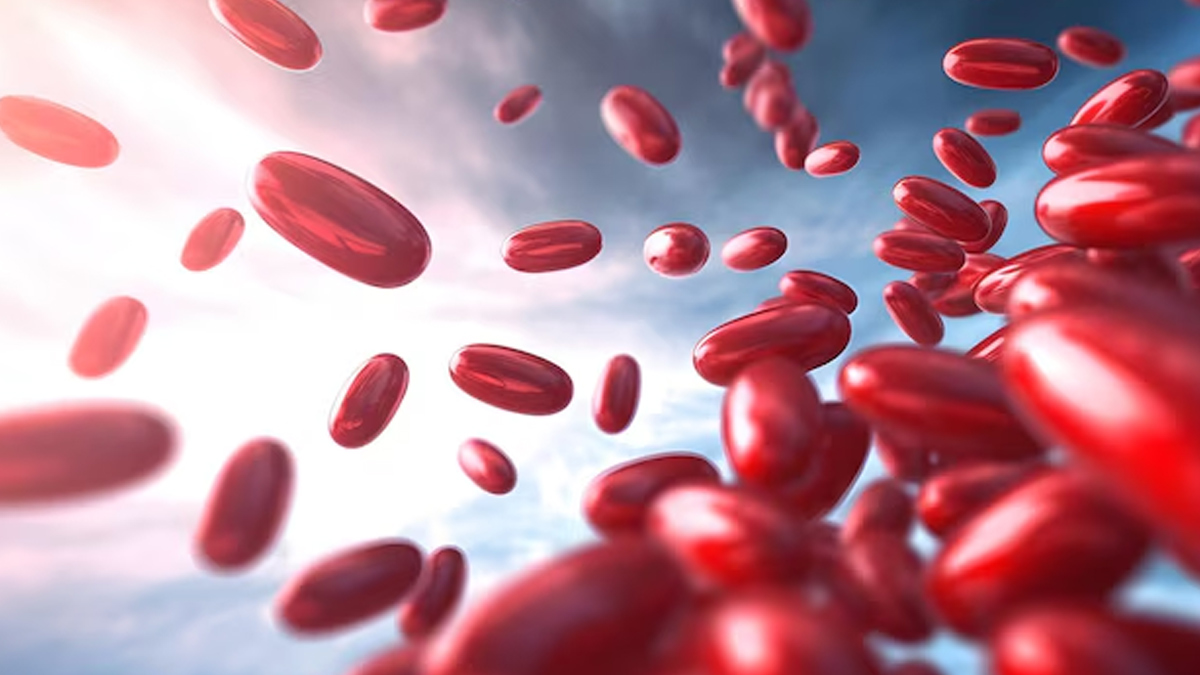
Blood donation is a noble act, but it is crucial to assess your health first and consider the potential risks before donating. Since you lose blood, your body also loses some amount of Red Blood Cells (RBCs), which contain haemoglobin and iron, causing fatigue, dizziness, nausea, and easy bruising. However, this isn’t always the case.
Table of Content:-
A common concern among frequent donors is whether or not blood donation can lead to anaemia, a blood disorder caused by insufficient levels of RBCs or haemoglobin. Dr Vichar Nigam, Consultant - Internal Medicine, Manipal Hospital, Kharadi, Pune, addresses this doubt and helps clear the air around the same.
Also Read: Blood Donation Is Crucial For Paediatric Care, Doctor Shares Importance and Challenges
Can Blood Donation Cause Anaemia?

Dr Nigam shares that blood donation does not lead to anaemia. However, a haemoglobin check is mandatory before donation to ensure individuals with borderline haemoglobin levels aren't pushed into anaemia, he notes.
What really causes anaemia is iron deficiency due to inadequate iron intake, certain infections, genetic disorders, chronic diseases, and heavy blood loss (unlike well-monitored blood donations).
According to the World Health Organization (WHO), anaemia is a global public health problem that particularly affects young children, menstruating adolescent girls and women, and pregnant and postpartum women.
How Much Iron Can You Lose With Each Blood Donation?

According to Dr Nigam, each 350 ml blood donation results in a loss of approximately 25-26 mg of iron. This iron loss, combined with the reduction in RBCs and potential fluid loss, can sometimes result in symptoms like lightheadedness, weakness, dizziness, and giddiness.
Who Should And When To Avoid Blood Donation?
Certain individuals are at a higher risk of developing anaemia after blood donation. Women experiencing excessive menstrual bleeding (menorrhagia) and those with borderline haemoglobin levels (around 11 or 12) are particularly vulnerable.
Dr Nigam outlines specific situations where blood donation should be strictly avoided:
Inborn errors of blood metabolism: Individuals with conditions like sickle cell anaemia and thalassaemia should not donate blood.
Pre-existing anaemia: Those with haemoglobin levels below 12 should refrain from donating.
Organ dysfunction: Patients with heart, liver, or kidney issues should not donate blood.
Infections: Individuals suffering from any infection should postpone blood donation until they have fully recovered.
Also Read: Study Reveals Iron Deficiency Not The Root Cause Of Anaemia In India | Tips To Mitigate The Risk
How Frequent Donors Can Prevent Anaemia

For individuals who donate blood frequently, maintaining adequate iron levels is essential. Dr Nigam emphasises the importance of a balanced diet rich in iron and vitamins. Regular haemoglobin level checks are also recommended to monitor iron stores and prevent the development of anaemia.
It is also crucial to pay attention to the common symptoms of anaemia, including fatigue, shortness of breath, dizziness, headache, pale skin, and abnormal or increased menstrual bleeding in females.
Those at a greater risk of developing anaemia, foods rich in iron, including red meat, seafood, beans, dark leafy greens, dried fruits, and iron-fortified cereals, can help minimise the risk. If iron levels are extremely low, it is recommended to consult a doctor for supplementation.
Also watch this video
How we keep this article up to date:
We work with experts and keep a close eye on the latest in health and wellness. Whenever there is a new research or helpful information, we update our articles with accurate and useful advice.
Current Version